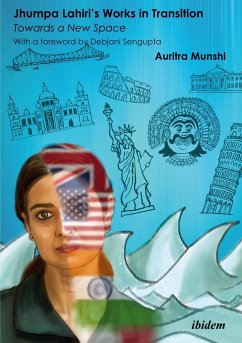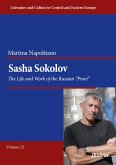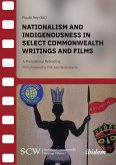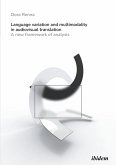Critical discussions on Jhumpa Lahiri's works are rampant, but they are confined to her short stories and fictional writings. This book offers a fresh perspective by showing how she gradually shifts her identity from a fiction writer to a non-fiction writer. And, more importantly, her adherence to the 'Italian phase' in academia has not previously been the subject of such a thorough critical investigation. There is a sudden change in her writing and her choice of language; she prefers Italy and the Italian language to English and Bengali. Such spatial as well as linguistic dislocation leads her towards a new space in which she anticipates her freedom of choice, confronts difficulties, and often gets confused, too: to be in Italy or not to be. What this book seeks to touch upon is how Lahiri's fictional as well as nonfictional writings bring out her and her fictional characters' translational and transnational existence reinforcing her literary motto 'I translate, therefore I am'.It is of special interest to students as well as scholars of Diaspora and Migration studies. "Auritra Munshi's book is an important addition to the critical examination of the well-known South Asian diasporic writer Jhumpa Lahiri ... He efficiently demonstrates how Lahiri is to be now considered as more than a diasporic writer-but rather a transnational global voice." -Himadri Lahiri, Professor Emeritus, Department of English and Culture Studies, The University of Burdwan, West Bengal, India "What is particularly interesting is the attention Auritra Munshi pays to Lahiri's later works, especially those belonging to what may be called her 'Italian phase'. His book will be a great value addition to anyone interested in Jhumpa Lahiri's writings and the very many questions of contemporary concern she raises and is interested in. A pleasure to read." -Prof. Simi Malhotra, Professor & Head, Department of English, Director, Centre for Innovation and Entrepreneurship, Jamia Millia Islamia (A Central University), New Delhi, India. "An invaluable contribution to scholarship on Jhumpa Lahiri." -Prof. Amrit Sen, Professor, Department of English and Other Modern European Languages (DEOMEL), Visva-Bharati, Santiniketan, India
"Auritra Munshi's book is an important addition to the critical examination of the well-known South Asian diasporic writer Jhumpa Lahiri. He efficiently demonstrates how Lahiri is to be now considered as more than a diasporic writer-but rather a transnational global voice." -Prof. Mala Pandurang, Professor of English and Principal, Dr BMN College, SNDT Women's University, Mumbai, India.








